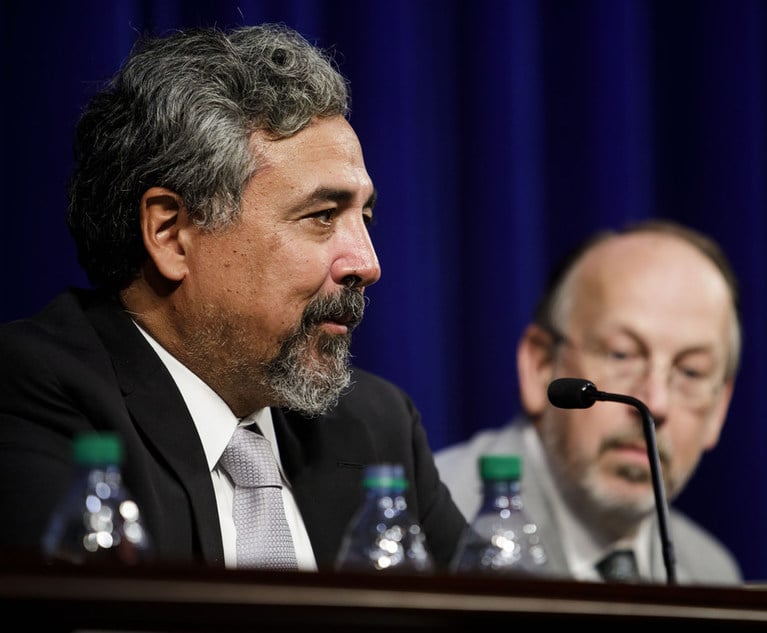In order to assert a claim for defamation, a plaintiff must prove he/she suffered actual damages as a result of the offensive statements at issue to recover, meaning the plaintiff must demonstrate a financial or economic loss. But, in the case of defamation per se, the standards are not as stringent and such damages are presumed. There are four categories of statements considered to be defamatory per se:
- Statements charging a plaintiff with a serious crime,
- Statements that tend to injure another in his or her trade, business, or profession,
- Statements imputing a loathsome disease on a plaintiff, and
- Statements imputing unchastity on a woman.
Despite the clear recognition under New York law of the seriousness of baseless accusations and the damage they cause, such statements are absolutely privileged when made in the context of judicial proceedings. This absolute privilege applies to statements made in connection with litigation (or in good-faith anticipation of litigation) when the comments and descriptions are considered to be relevant to the issues involved in the case. The underlying purpose of the privilege is to ensure that attorneys are able to speak freely in the course of litigation without a fear of harassment or potential financial punishment.


 Under New York law, statements made in the context of court proceedings are typically protected and entitled to an “absolute privilege,” also known as “litigation privilege,” meaning they may not be the basis of liability, no matter how vile and outrageous the content and no matter how malicious the motive, provided they are material and pertinent to the litigation. New York likewise recognizes that certain statements are so derogatory that they are deemed “defamation per se,” meaning that a plaintiff need not even prove he/she was damaged by such statements to secure relief therefrom; rather, they are so disparaging that damages are presumed. These concepts seem directly contradictory—if a statement is defamatory per se, then how can it be privileged? Certain statements are so heinous that the absolute litigation privilege should not insulate the speaker from liability, particularly where the statements are not directly relevant to the litigation in which they were made. To address this issue, there arguably should be exceptions to the absolute privilege, including for statements that are defamatory per se.
Under New York law, statements made in the context of court proceedings are typically protected and entitled to an “absolute privilege,” also known as “litigation privilege,” meaning they may not be the basis of liability, no matter how vile and outrageous the content and no matter how malicious the motive, provided they are material and pertinent to the litigation. New York likewise recognizes that certain statements are so derogatory that they are deemed “defamation per se,” meaning that a plaintiff need not even prove he/she was damaged by such statements to secure relief therefrom; rather, they are so disparaging that damages are presumed. These concepts seem directly contradictory—if a statement is defamatory per se, then how can it be privileged? Certain statements are so heinous that the absolute litigation privilege should not insulate the speaker from liability, particularly where the statements are not directly relevant to the litigation in which they were made. To address this issue, there arguably should be exceptions to the absolute privilege, including for statements that are defamatory per se.



